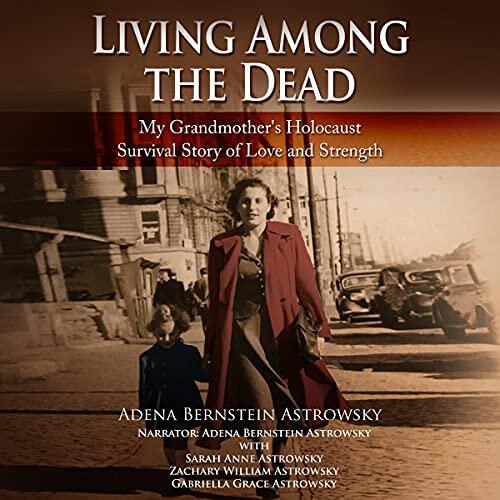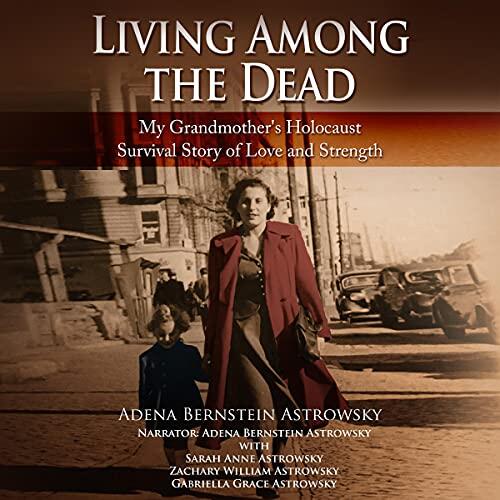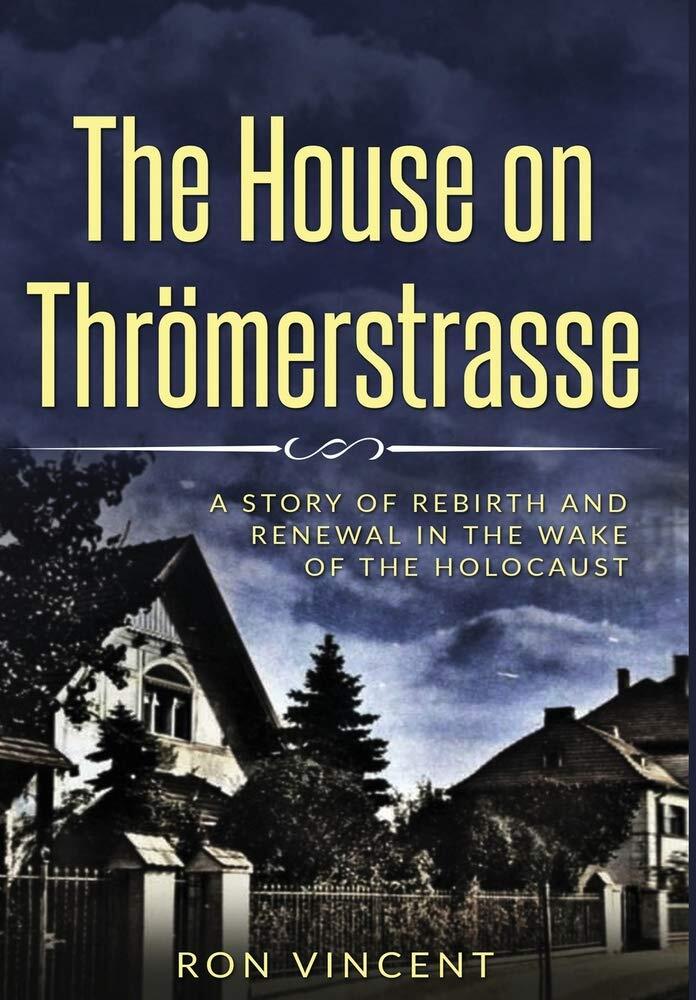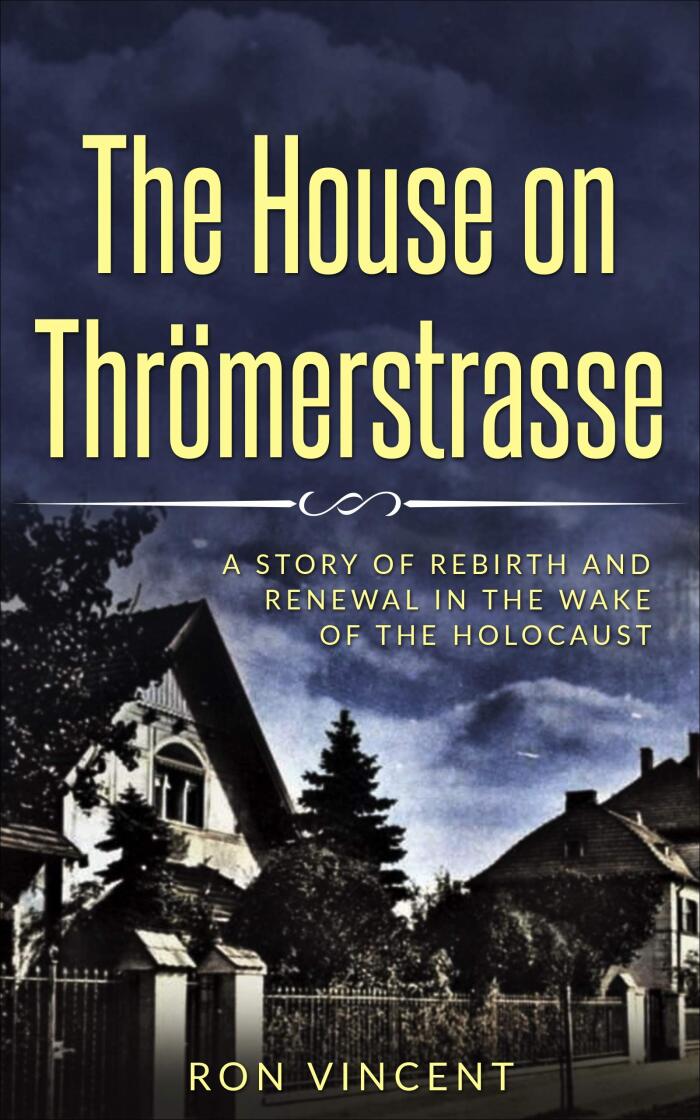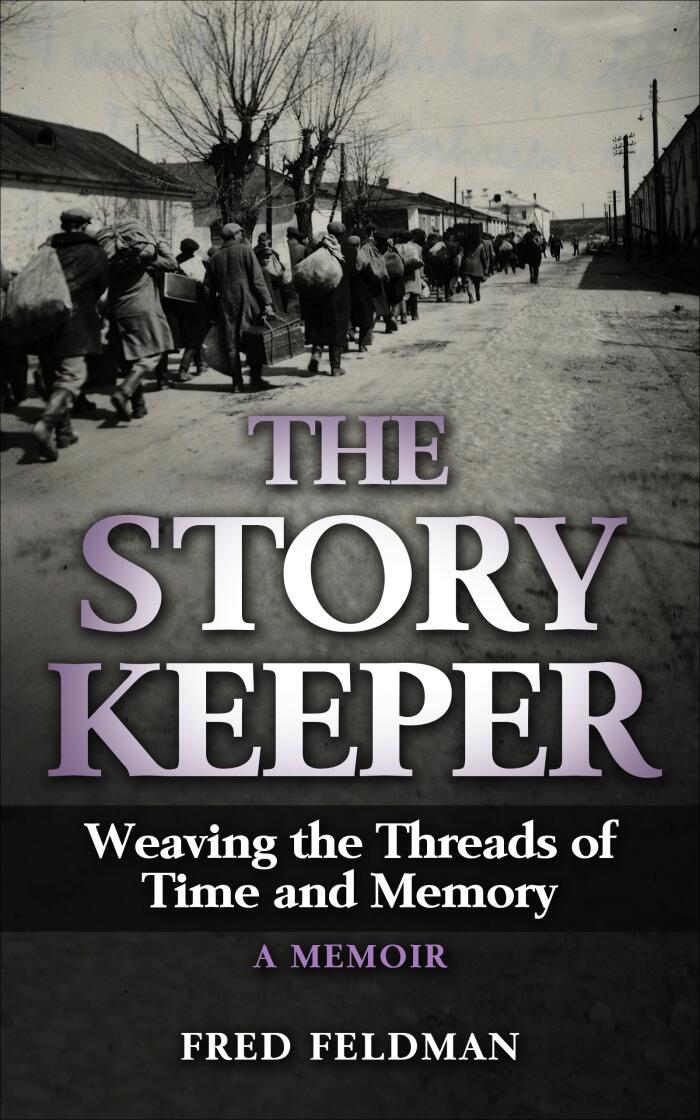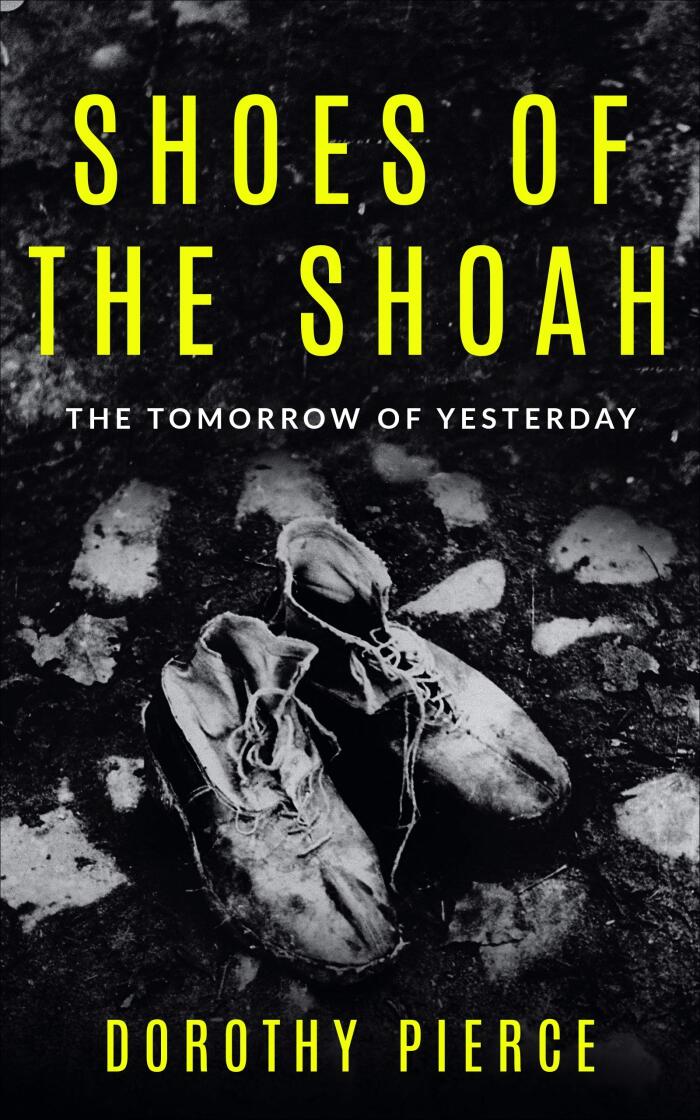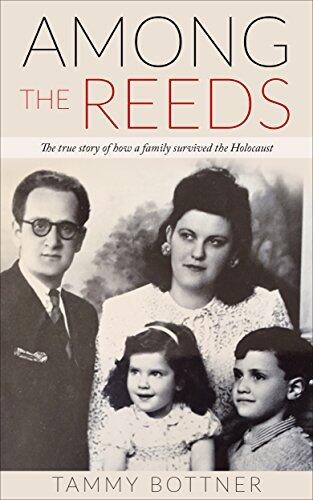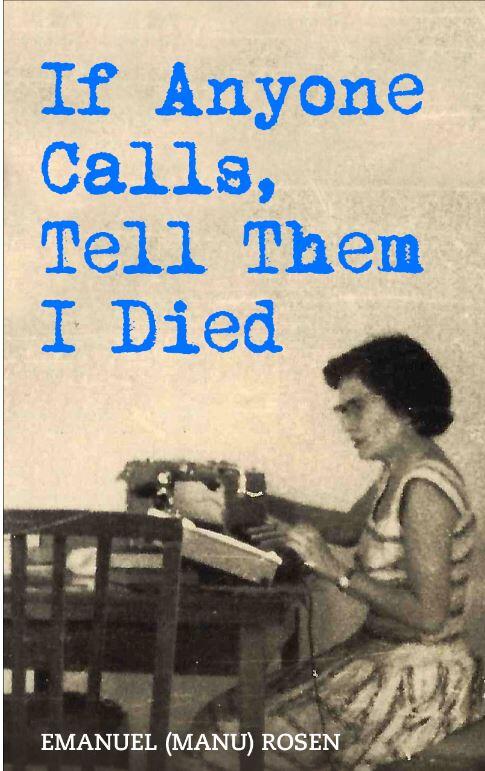
If Anyone Calls, Tell Them I Died
بواسطة
Emanuel Rosen
لا توجد تقييمات بعد
Action & Adventure
تنسيق
كيندل
صفحات
271
لغة
الإنجليزية
منشور
Mar 22, 2021
الناشر
Amsterdam Publishers
رقم ISBN-10
9493231143
رقم ISBN-13
9789493231146
الوصف
Emanuel Rosen delves into the often-overlooked experiences of second-generation Holocaust survivors, illuminating the silent shadows that loom over their lives. Through poignant storytelling and personal anecdotes, he reveals the complex layers of trauma that weave through families deeply affected by the horrors of the past. This exploration exposes how the weight of history influences identity, relationships, and the collective memory that shapes the present.
The narrative is punctuated by the voices of those who have inherited not only the stories of survival but also the unacknowledged pain. Rosen captures moments of reflection and realization, sharing the unspoken rules that governed these families, such as the mantra of silence surrounding the trauma experienced by their parents. This silence often left second-generation individuals grappling with their own understanding of grief and resilience.
Amidst the backdrop of shared history, the author invites readers to witness the struggle between preserving memories and seeking liberation from the heavy burden they carry. As he sensitively unpacks layers of familial connections, he highlights the intersection of cultural identity and personal exploration.
Ultimately, Rosen offers a profound testament to the enduring impact of history on family dynamics. His thoughtful examination encourages a dialogue about healing and remembrance, inspiring readers to confront their own narratives and acknowledge the complexities of generational trauma.
The narrative is punctuated by the voices of those who have inherited not only the stories of survival but also the unacknowledged pain. Rosen captures moments of reflection and realization, sharing the unspoken rules that governed these families, such as the mantra of silence surrounding the trauma experienced by their parents. This silence often left second-generation individuals grappling with their own understanding of grief and resilience.
Amidst the backdrop of shared history, the author invites readers to witness the struggle between preserving memories and seeking liberation from the heavy burden they carry. As he sensitively unpacks layers of familial connections, he highlights the intersection of cultural identity and personal exploration.
Ultimately, Rosen offers a profound testament to the enduring impact of history on family dynamics. His thoughtful examination encourages a dialogue about healing and remembrance, inspiring readers to confront their own narratives and acknowledge the complexities of generational trauma.
